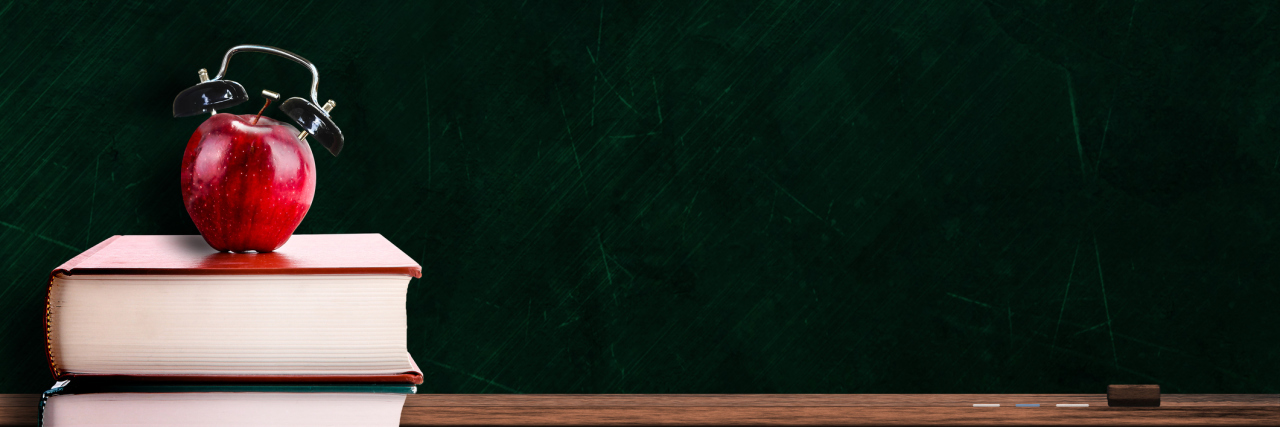We, the bereaved parents, are in such excruciating pain we can become completely unaware of the depth of the grief of our surviving children experience. Especially in those “early days” when we can barely function. It is a difficult chore to simply step out of bed on many days. We can’t think, we can’t focus, we often forget to eat. We place ourselves on auto-pilot simply to function. The surviving siblings can become the “forgotten ones.” It is in no way intentional.
Our surviving children are grieving, too. The depth of their grief varies due to age, relationship, etc. But nevertheless, they are grieving.
The siblings, however, have not only lost their sibling, but also the parent(s) they once had. So their grief is compounded.” Jude Gibbs, excerpt from “Gifts from the Ashes”
At approximately six months after my 20-year-old son’s demise, his one and only little sister was 9 years old. I had finally found a wonderful Grief Counselor at a Funeral Home and I was ready to take my daughter to see her, as well. I asked my girl if I could bring a picture she had made at school about one month after her brother’s death. It is a picture of six flowers, which represented the six members of our family at that time. The one purple flower is drooping. She had titled it: “Sad Death” and signed and dated it. I framed it and hung it up on my home-office wall where it still remains 18 years later.
At first, she denied ever making the picture. Then she started pacing in my bedroom yelling: “It’s not my fault! It’s not my fault!” That turned the lights on for me. I dropped to my knees and grabbed her and held her tight as I repeatedly assured her it was definitely not her fault. I had no idea she was suffering from unfounded survivor’s guilt. It wasn’t until years later, when she turned 20, which was the same age of her brother at his passing, that she realized how young he was when he died. She was just beginning her life as a young woman and it all came crashing in on her.
As many of our surviving children return to or begin school, we need to be vigilant in regards to their behavior. They may appear withdrawn and unwilling to interact with others. Or, they may go to the opposite end of the spectrum and act out. If their sibling recently passed away, they may be facing the whispers of other children. Your child may now be known as the child who’s brother or sister died. They may become isolated either voluntarily or by others. They may “work out” their feelings of anger by getting into fights with other children.
My daughter asked me one day, “Why does this stuff happen to me and not my friends?”
Please, prepare yourself with answers to such questions if they arise.
Keep the lines of communication open.
Speak honestly with your kids about your own pain and theirs in accordance with their age. Never think they don’t “get it.” They understand far more deeply than we ever might have imagined. Keep in mind, they lost the same person you lost. They “get it” better than anyone else except perhaps the other parent.
Keep in mind each sibling, if you have more than one survivor, may all be grieving differently and expressing it differently. Respect their manner of grieving as you desire others to respect yours. If they are teens, be aware of their vulnerability to be swayed by drugs to “relieve” their pain and “feel better.”
Yes, when that back-to-school bell rings, we enter onto a new layer of this grief journey. My prayers and thoughts are with you all. They still need you.
You need them, too.
Jude’s book, “Gifts from the Ashes,” is available at Direct Textbook.
Follow this journey on Jude’s website.
We want to hear your story. Become a Mighty contributor here.
Thinkstock image by ronniechua

